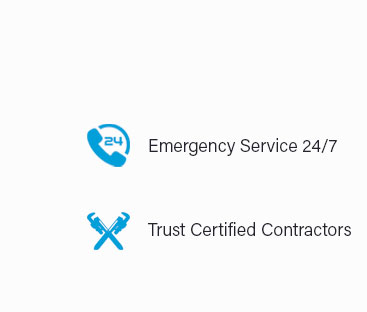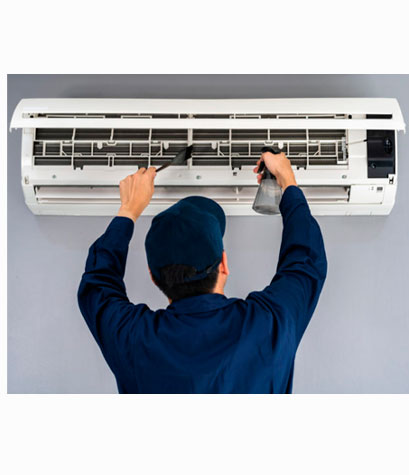 |
 |
 |
 |
 |
 |
 |
 |
 |
 |
 |
 |
 |
 |
 |
 |
|
Transform your living space into a sanctuary of comfort with our unparalleled HVAC services, where seasoned AC and heating experts connect you to top-tier local contractors, ensuring your home is in the hands of the most skilled AC installers in the industry-experience the perfect blend of innovation and reliability as we redefine what it means to feel truly at home.
https://bakerbrothersplumbing.com/fort-worth-air-conditioning/
817-591-1556 is the number to contact us for excellent Fort Worth air conditioning and heating repair or installation services. https://reliantairconditioning.com/
Gimmick Free AC Repair & Replacement. Serving Irving, Ft Worth, Dallas, and the entire DFW Metro since 1983! Call 877-YOUR-HERO! https://northtarrantac.com/hvac-services/ac-installation
Providing Excellent Service since 2016, North Tarrant Heat & Air is the company to call in North Fort Worth & surrounding areas for HVAC Installation.
|